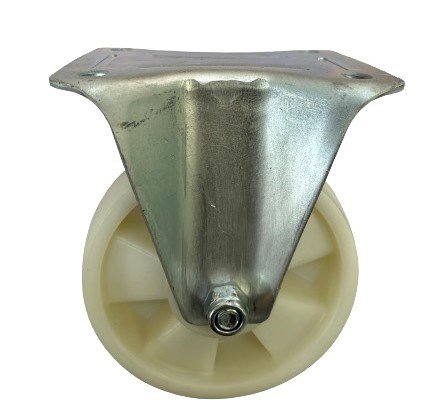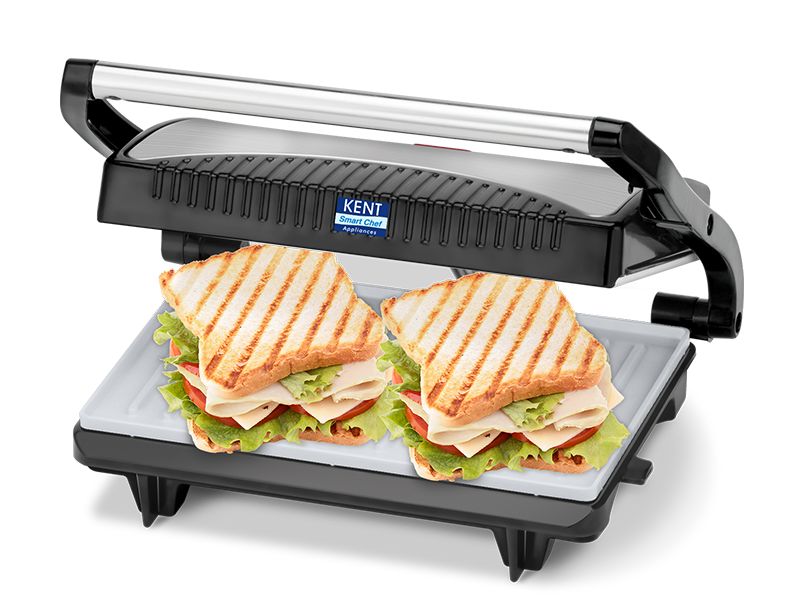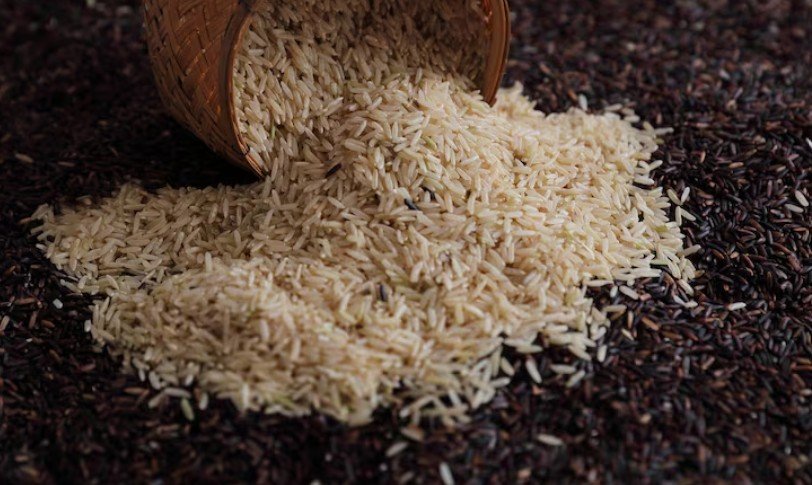Introduction
In industrial environments, noise and vibration from material handling equipment, carts, and machinery can lead to worker fatigue, safety concerns, and equipment wear. Reducing these factors is essential for improving efficiency, comfort, and workplace safety. One of the most effective ways to minimize noise and vibration is by using polyurethane wheels.
Known for their shock absorption, durability, and smooth operation, polyurethane wheels are widely used in industries such as manufacturing, warehousing, logistics, and healthcare. In this blog, we will explore how polyurethane wheels help in reducing noise and vibration, making industrial operations quieter and more efficient.
1. The Problem of Noise and Vibration in Industrial Environments
A. Sources of Noise in Industrial Equipment
Industrial facilities often experience high noise levels due to:
✔ Hard metal wheels rolling on concrete or metal floors
✔ Impact from carts and trolleys carrying heavy loads
✔ High-speed conveyor systems generating friction and vibration
✔ Misaligned or worn-out wheels and bearings
B. How Vibration Affects Industrial Operations
Excessive vibration can lead to:
✔ Increased wear and tear on equipment
✔ Unstable load handling, leading to accidents
✔ Operator fatigue and discomfort
✔ Structural damage to flooring and machinery
By switching to polyurethane wheels, industries can significantly reduce these issues, ensuring smoother and quieter operations.
2. How Polyurethane Wheels Reduce Noise
A. Shock Absorption Properties
Polyurethane wheels act as a cushion, absorbing impact when rolling over hard surfaces. Unlike metal or hard plastic wheels, polyurethane’s flexible composition absorbs vibrations, reducing the sound produced when moving heavy loads.
✔ Minimizes impact noise when carts hit bumps or uneven surfaces
✔ Reduces rolling noise compared to metal or hard plastic wheels
✔ Ideal for noise-sensitive environments such as hospitals and clean rooms
B. Lower Friction with Floor Surfaces
The smooth, non-marking surface of polyurethane wheels creates less friction, which means:
✔ Less rolling resistance results in quieter movement
✔ Prevents scraping or screeching sounds on industrial floors
✔ Protects flooring from damage, reducing maintenance costs
C. Customized Hardness for Specific Noise Reduction Needs
Polyurethane wheels come in different durometers (hardness levels), allowing industries to select wheels that best suit their noise reduction needs.
✔ Softer polyurethane wheels absorb more noise and are ideal for lightweight applications.
✔ Medium-hard polyurethane wheels offer a balance of noise reduction and durability for moderate loads.
✔ Harder polyurethane wheel provide durability while still reducing noise compared to metal or plastic alternatives.
By choosing the right polyurethane wheels, businesses can significantly lower workplace noise levels while maintaining efficiency.
3. How Polyurethane Wheels Reduce Vibration
A. Dampening Vibrations at the Source
Vibrations occur when wheels move over rough or uneven surfaces. Polyurethane wheel help by:
✔ Acting as a buffer between the floor and the load
✔ Reducing shock transfer to the equipment frame
✔ Minimizing operator discomfort from excessive vibration
B. Reducing Wear on Bearings and Axles
Excessive vibration can damage bearings and axles, leading to misalignment and inefficiency. Polyurethane wheels:
✔ Reduce stress on wheel bearings, extending their lifespan
✔ Ensure smoother rolling motion with minimal energy loss
✔ Prevent premature wheel failure caused by excessive vibration
C. Enhancing Load Stability
Unstable loads can create bouncing effects that generate more vibration. Polyurethane wheel provide:
✔ Better grip on floors, reducing load shifting
✔ Even weight distribution to stabilize movement
✔ Smoother rolling action, preventing sudden jolts or skidding
This makes polyurethane wheel ideal for transporting delicate or vibration-sensitive items in manufacturing and logistics operations.
4. Industrial Applications That Benefit from Noise and Vibration Reduction
A. Warehousing and Logistics
✔ Forklifts, carts, and pallet jacks with polyurethane wheel allow quieter warehouse operations.
✔ Reduces noise pollution in large distribution centers, improving workplace comfort.
B. Manufacturing Facilities
✔ Conveyor belts and automated systems run with fewer vibrations, preventing damage to delicate components.
✔ Reduces noise in assembly lines, creating a safer work environment.
C. Healthcare and Laboratories
✔ Hospital carts, wheelchairs, and medical trolleys operate quietly, ensuring patient comfort.
✔ Reduces vibrations that could affect sensitive medical instruments.
D. Retail and Commercial Spaces
✔ Supermarkets and shopping malls use polyurethane wheels for carts and display units, preventing excessive rolling noise.
✔ Food and beverage production facilities benefit from smooth and quiet movement of equipment.
5. Selecting the Right Polyurethane Wheels for Noise and Vibration Control
A. Consider Load Requirements
✔ Choose polyurethane wheel rated for your specific load capacity to maintain optimal performance.
✔ Overloading wheels can increase noise and vibration due to excessive compression.
B. Choose the Right Durometer (Hardness Level)
✔ Soft polyurethane wheels absorb more vibrations but may wear out faster.
✔ Hard polyurethane wheels last longer but may provide less cushioning.
✔ Medium-durometer wheels offer a balance of durability and noise reduction.
C. Opt for High-Quality Bearings
✔ Precision ball bearings reduce rolling resistance and ensure quieter movement.
✔ Sealed bearings prevent dust and debris buildup, reducing friction and noise.
D. Match Wheels to Floor Surface Conditions
✔ Smooth floors work well with medium-hard polyurethane wheels.
✔ Rough surfaces require softer polyurethane wheel for better shock absorption.
By considering these factors, businesses can optimize their polyurethane wheel for maximum noise and vibration reduction.
6. Conclusion
Polyurethane wheel are an excellent choice for industrial settings that require quiet, smooth, and vibration-free operations. Their shock-absorbing properties, reduced friction, and load stability make them ideal for applications ranging from warehouses and factories to hospitals and retail spaces.
Key Takeaways:
✔ Polyurethane wheels absorb impact and reduce rolling noise compared to metal and hard plastic wheels.
✔ They dampen vibrations, extending equipment lifespan and improving worker comfort.
✔ Industries such as warehousing, healthcare, and manufacturing benefit greatly from noise and vibration reduction.
✔ Choosing the right polyurethane wheel based on load capacity, durometer, and bearings is essential for maximum performance.
By investing in high-quality polyurethane wheel, businesses can enhance efficiency, improve workplace safety, and create a quieter, more comfortable environment.
Need help selecting the best polyurethane wheel for your operation? Contact us today for expert recommendations!






Leave a Reply